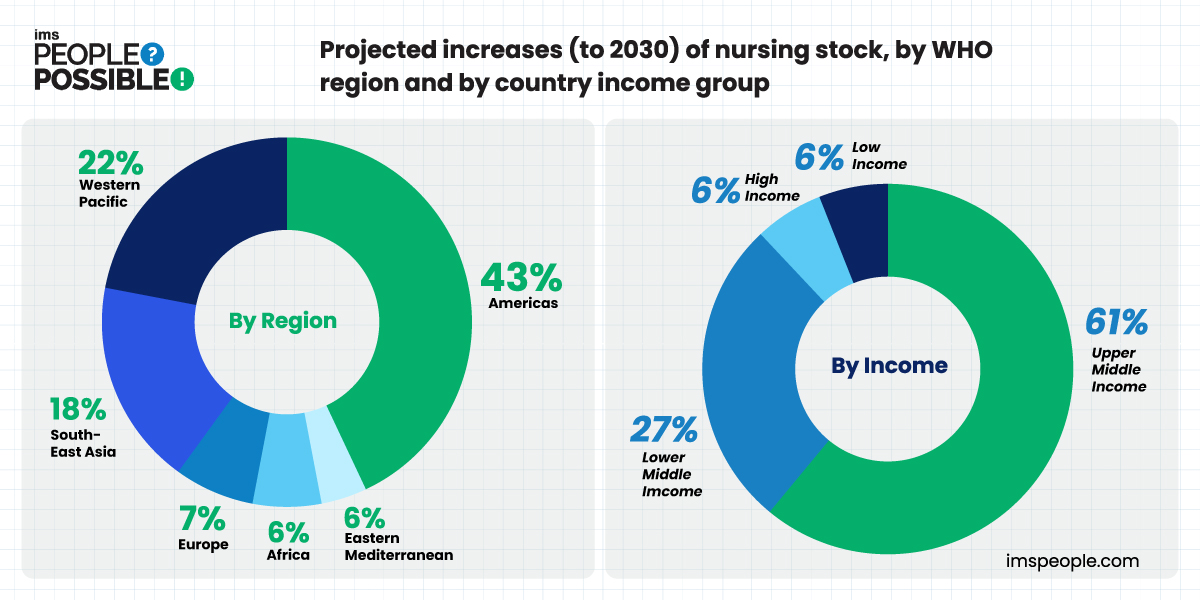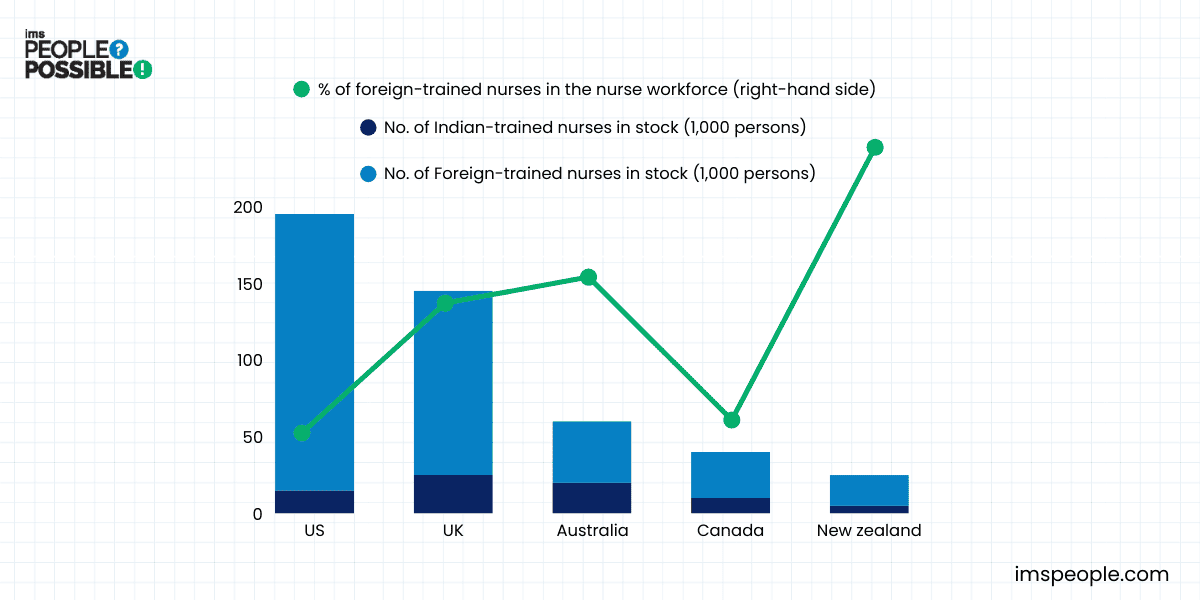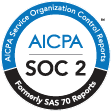Behind every shortage statistic is a patient waiting for care. A child with a fever. An elder in pain. A mother in labour. And too often, a reminder of evergoing global nursing shortage.
The world is on the brink of a healthcare transformation. As demands rise, populations age, and health crises occur frequently, we must rethink how we give care and who provides it. The International Council of Nurses (ICN) has made this its mission.
Every year on May 12, we commemorate the birth anniversary of Florence Nightingale, the founder of modern nursing. In 2025, ICN’s theme, “Our Nurses. Our Future. Caring for nurses strengthens economies,” is not just a slogan. It is a strategic call to action.
It recognises that investing in nurses is good for healthcare and vital for society, the economy, and global peace.
The Global Nursing Shortage: A Crisis We Can’t Ignore
- The numbers are alarming. The global nursing shortage is affecting every continent. WHO estimates a deficit of nearly 4.5 million nurses worldwide, especially in low and middle-income countries. By 2030, we will need millions more to keep up with demand.
- In the UK and the USA, health systems are strained. Fewer nurses mean longer wait times, rushed patient care, and burnout among staff. The result? Poorer outcomes for patients and a slower recovery for economies.

Challenges Facing the Nursing Workforce
- Let’s be honest, nursing is hard. Today’s nurses face understaffing, long shifts, and high emotional tolls. Many are over-skilled for their roles yet underpaid. The 2024 ICN report highlights that 79% of nurses believe their qualifications exceed what their roles allow them to do.
- Worse still, safety concerns loom large. During COVID-19, nurses were nine times more likely to get infected than the general population. They deserve better support, protection, and recognition for their life-saving work.

The Rising Need for Nurse Wellbeing
- Happy nurses make healthier societies. That’s the core belief behind ICN’s 2025 focus on nurse health and wellbeing. The burnout crisis is real, with stress, anxiety, and fatigue now commonplace in healthcare settings.
- Policies must shift. Workplaces need to offer support systems, mental health resources, and fair hours. Investing in the nursing workforce’s well-being is not optional but necessary for resilient healthcare systems.
Nurses Making a Difference: Frontline Change Agents
- Despite these hurdles, nurses continue to lead from the frontlines. From community outreach to emergency response, they’re shaping outcomes every day. They’re not just caregivers but advocates, educators, and sometimes, the only bridge between life and loss.
- In rural clinics or bustling city hospitals, their impact is profound. They are the silent backbone of every health milestone we celebrate.
How ICN’s 2025 Focus Aligns with Global Healthcare Goals
- The International Council of Nurses is setting its 2025 goals to match larger healthcare targets. These include Universal Health Coverage (UHC) and Sustainable Development Goals (SDGS). And rightly so.
- By supporting nurses through decent pay, adequate staffing, and ongoing education, ICN aims to solve systemic issues in healthcare. This creates a ripple effect—stronger nurses mean stronger systems, which means healthier populations.
Explained: “Nurse Investment, Prosperity and Peace Chain”
- This framework by ICN is both visionary and actionable. It shows that smart investments in nursing can improve healthcare staffing. This can also lead to better economic growth and social unity.
- The “Nurse Investment, Prosperity and Peace Chain” connects training, independence, career growth, and resources to important social outcomes. These outcomes include gender equity, reducing poverty, and building national strength.
- Every $1 invested in health brings a $2–$4 return. That’s not just a statistic; it’s a business case for humanity.
IMS People Possible: Your Offshore Healthcare Recruitment Service Provider
IMS People Possible delivers end-to-end offshore healthcare recruitment solutions to support healthcare systems across the globe. Our specialised model combines healthcare recruitment outsourcing with advanced staffing automation tools. This helps streamline operations, ensure healthcare compliance, and improve fill rates. We do this in a cost-effective way and at scale.
Proven impact includes:
- Supporting an NHS agency with over 20,000 nursing hours booked each month. This generates £110,000 in monthly revenue.
- Scaling a client’s nursing bookings from 48 to 1,900/month, powered by a dedicated offshore team.
- Delivering 700 fully compliant nurses in 6 months, tripling client capability.
- Enhancing recruitment automation and shift fill rates with proactive nurse reactivation campaigns.
IMS People Possible helps staffing leaders meet today’s healthcare needs with care and accuracy.









